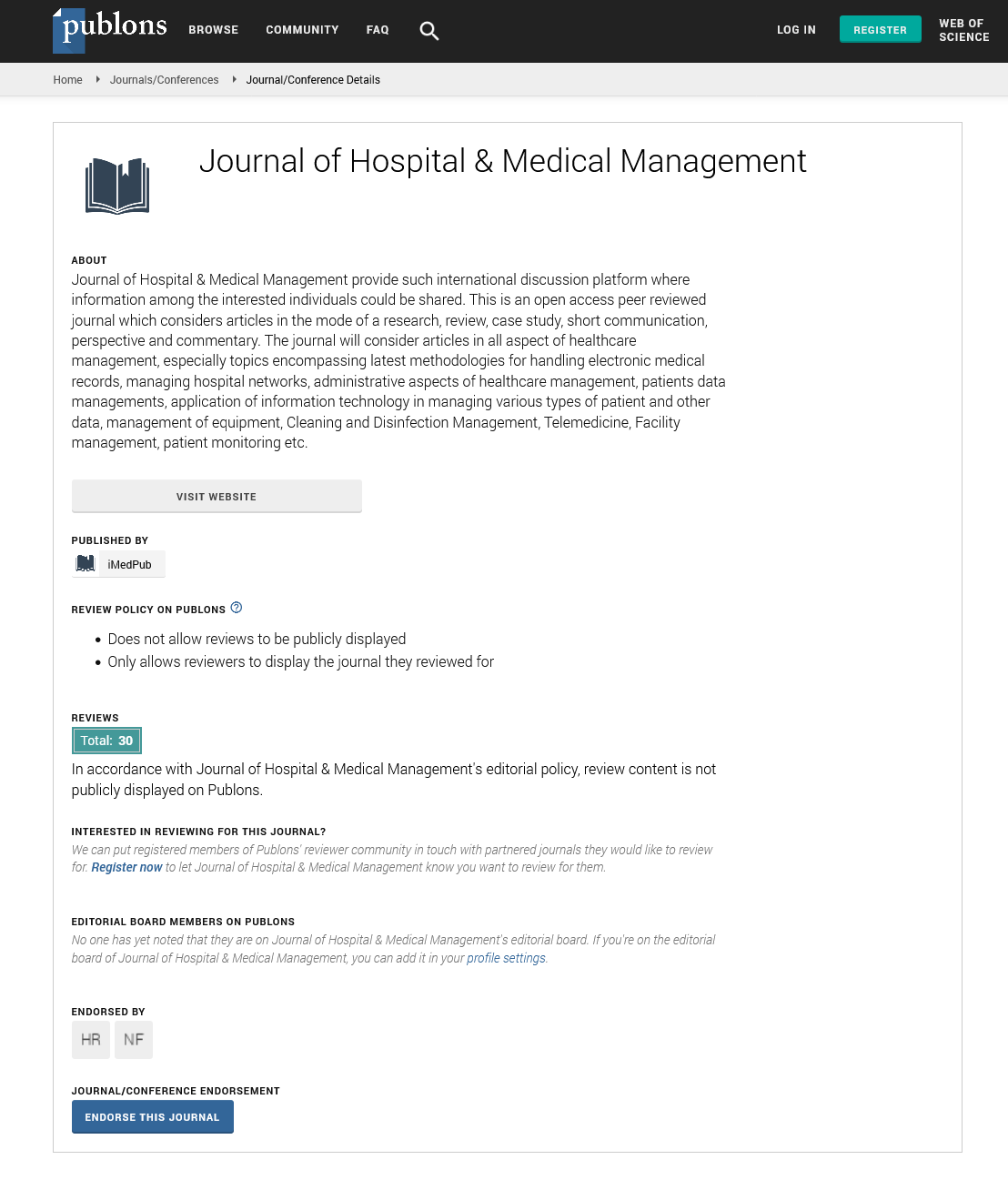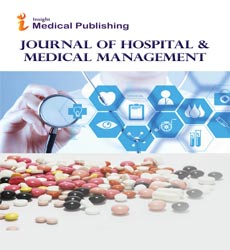Abstract
Services Available in the Transfusion Medicine Department of Sir Salimullah Medical College and Mitford Hospital
Background: Blood, is a scarce non substitute, which necessitates it for patients to have a reliable safe access to blood products at all levels. In order to identify the shortcomings in this process, this study has been designed to assess the current status of the transfusion medicine department services in one of the tertiary level hospital in Dhaka city.
Subjects and Method: This cross-sectional study was conducted in the Transfusion Medicine department of Sir Salimullah Medical College and Mitford Hospital, Dhaka in 2018. The study population was a total of 275(14 Service Providers purposively interviewed & 261 blood donors taken as per convenience). Data was collected by using semi structured questionnaire, open- ended questionnaire from the Head of the Department and check list.
Results: The findings revealed that all basic tests and mandatory screening tests were conducted in the unit except Bone Marrow examination and Apheresis. Important record registers (Donor care, Donor deferral register etc.) were present but not updated. Few SOPs were available but were not kept at work stations. No screening curtains were provided for donor privacy and no technicians used gloves at work. Only 1.5% donors were Voluntary. About 36% were first time donors. About 19% of donors mentioned a delay of nearly an hour for completion of donation process, though 80.5% donors were still satisfied with staff behavior. WHO criteria was followed for Donor selection in the unit. Pre and post donation counselling was extremely dissatisfying. Despite of no stocks, the unit organized mere Voluntary Blood donation activities.
Conclusion: A huge number of patients rely on tertiary hospitals for blood transfusions, as it is a life-saving procedure. Voluntary blood donation can be increased by encouraging Government–NGO collaboration along with use of software for holding details of regular donors.
Author(s):
Kazi Mariam Naher, Shafia Shaheen and Baizid Khoorshid Riaz
Abstract | Full-Text | PDF
Share this

Google scholar citation report
Citations : 319
Journal of Hospital & Medical Management received 319 citations as per google scholar report
Journal of Hospital & Medical Management peer review process verified at publons
Abstracted/Indexed in
- Google Scholar
- China National Knowledge Infrastructure (CNKI)
- WorldCat
- Publons
- International Committee of Medical Journal Editors (ICMJE)
Open Access Journals
- Aquaculture & Veterinary Science
- Chemistry & Chemical Sciences
- Clinical Sciences
- Engineering
- General Science
- Genetics & Molecular Biology
- Health Care & Nursing
- Immunology & Microbiology
- Materials Science
- Mathematics & Physics
- Medical Sciences
- Neurology & Psychiatry
- Oncology & Cancer Science
- Pharmaceutical Sciences


